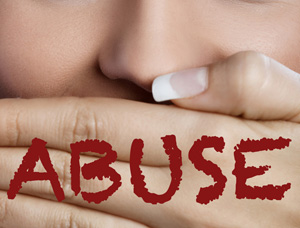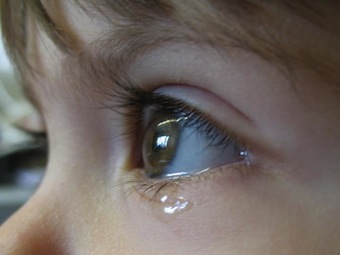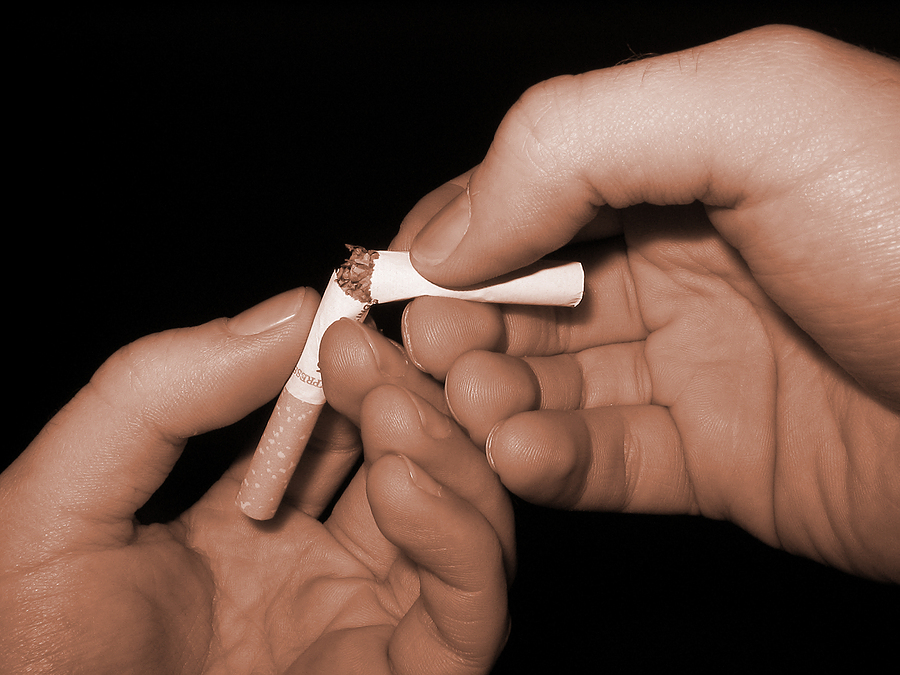
Abuse
Abuse and its effect on mental health.
Many mental illnesses are more prevalent in people who have suffered abuse, we have therefore constructed an area on our site to explain what abuse is, what mental health consequences may result from a person suffering abuse, and most importantly what someone can do about overcoming the effects of abuse to live a mentally healthy life. You may like to read our editor's account of abuse and recovery.

What is abuse?
In law 'abuse' is a term used to describe someone’s actions when they have caused or allowed serious harm to come to another person.
Physical abuse refers to significant physical harm coming to a person; this could be outward violence, making someone consume harmful things, or extreme physical neglect such as starvation or not getting medical attention when it is necessary.
Emotional abuse is harder to define and can take many forms; neglecting a persons emotional or developmental needs, rejection, criticizing, putting down a person, verbal abuse, threatening a person, making someone feel unsafe, openly abusing another in front of a person; for example a child who witnesses domestic violence towards a parent.
Sexual abuse does not just refer to rape or the act of sex, sexual abuse can refer to anything that sexually violates another person; any form of sexual stimulation, making someone watch pornography, flashing or exhibiting oneself to an unwilling party, any activity that makes one party feel violated or sexually unsafe.
Child abuse refers to abuse where the victim is a minor.
Domestic abuse refers to abuse taking place within the home. Most abuse happens within a person’s home or within a close circle of friends and family. It is very rare that a stranger is involved.
Abuse and mental health
A person who has experienced abuse is more likely to experience mental and emotional difficulties.
Child abuse survivors are more likely to experience anxiety, depression and personality disorders, this is due to learned behaviours and coping mechanisms as a child. If we do not have stable adults to compare the world to, if we do not learn how to deal effectively with emotions, fear or conflict, this can leave us with long-term emotional, self-esteem and security issues.
The vast majority of Dissociative disorder sufferers have been abused and a high proportion of serious mental illness sufferers have also experienced abuse.
This is not to say those with mental illness have definitely been abused or that you will experience problems if you have been abused, but the likelihood of mental illness increases in those who have suffered abuse, especially in their formative years, by a close relative, and over a long period of time.
Overcoming abuse
When you seek treatment for mental illness it is likely talking therapies will be involved. Even with more severe mental illness (schizophrenia and bipolar for example) talking therapies have been proven extremely effective when used alongside medication.
It is very important when treating mental ill health, that a patient’s past circumstance and any residual inner turmoil is dealt with. Even when medication and other therapies are recommended, unless past issues are dealt with and new ways of thinking and coping are learned, the underlying problems may recur.
Talking therapies can really help a person come to terms with past experiences, while other therapies such as CBT can help learn new, more effective ways of dealing with thoughts and emotions.
If you have suffered abuse, even if you are not suffering a mental illness, counselling can be extremely helpful in dealing with past emotions and moving forward, developing and sustaining healthy relationships and living a full and fulfilling life free from past pain and baggage.
Below are stories, articles and news related to abuse and mental health. Please remember you are not alone, there is help available. See our counselling directory for help in your area.
If you suspect a child is being abused please call your local social services or police without delay.
Related Guides

































